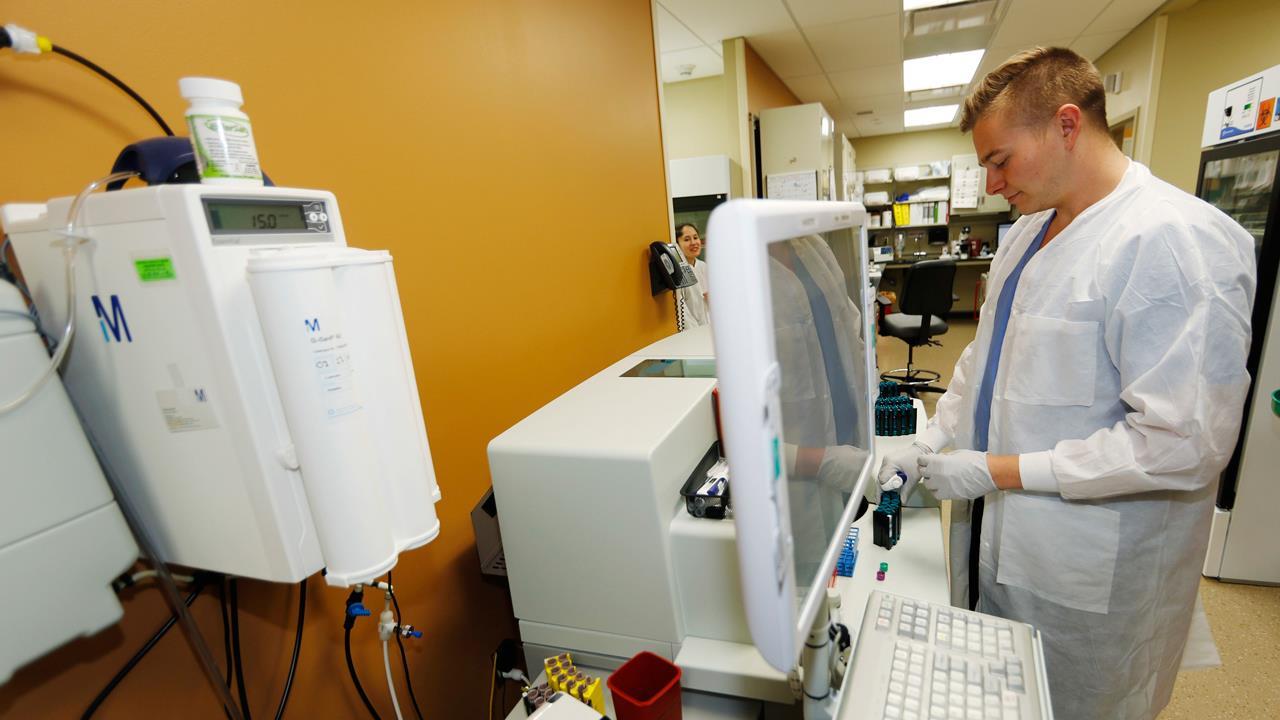Dire stakes for US children battling rare diseases
Sen. Rand Paul, R-Ky., on Wednesday held a meeting on Capitol Hill on advancing treatment for patients with rare diseases.
During the gathering one biopharmaceutical executive outlined the dire stakes involved with getting rare treatments approved by the Food and Drug Administration (FDA) for U.S. patients battling diseases such as Alzheimer’s, Parkinson’s and multiple sclerosis, as well those battling as rare diseases.
He argued that one of the problems is that the FDA is unreachable and some patients, specifically children, are dying.
There are currently 7,000 rare diseases affecting more than 25 million Americans, according to the National Institutes of Health. But because of the regulatory environment, many treatments are not making it to the patients.
“They want to make sure there’s no risk,” Mallory Factor, the CEO of IntraBio, which focuses on developing drug treatment therapies for patients with rare and ultra-rare diseases, said on Thursday during an appearance on FOX Business’ “Mornings with Maria.” “And by making sure there’s no risk you lose a lot of the benefits.”
As a result, he said, some patients are turning to unlicensed chemical-grade drugs in desperation.
“These people are dying — literally dying — children,” Factor said. “The FDA needs to understand that they can’t look at these little rare diseases in the same way they look at headaches or things like that.”
Factor is lobbying for patients to have the choice to use these drugs and for the FDA to use a risk-assessment approach in regulatory decision making.
“I think what we need is risk-benefit analysis, not a risk analysis when it comes to drug approval,” he said. “You need conditional approval, where if you have enough, if you are showing enough efficacies, if you’re showing that the drug works, in people let alone animals as well, they should allow it to be trialed, particularly for diseases that are fatal.”
Factor also pointed out how some of the drugs that were developed have been used in other countries with looser standards.
“That’s the irony of it,” he said. “Because in other parts of the world – Europe, Czech Republic, Germany, United Kingdom, they’ve already been trialed on people for multiple years.”
Treating rare diseases with these drugs, he said, can “lead to major breakthroughs.” And he added that his company has innovated an Alzheimer’s disease drug, but the costs associated with trials are a challenge.




















